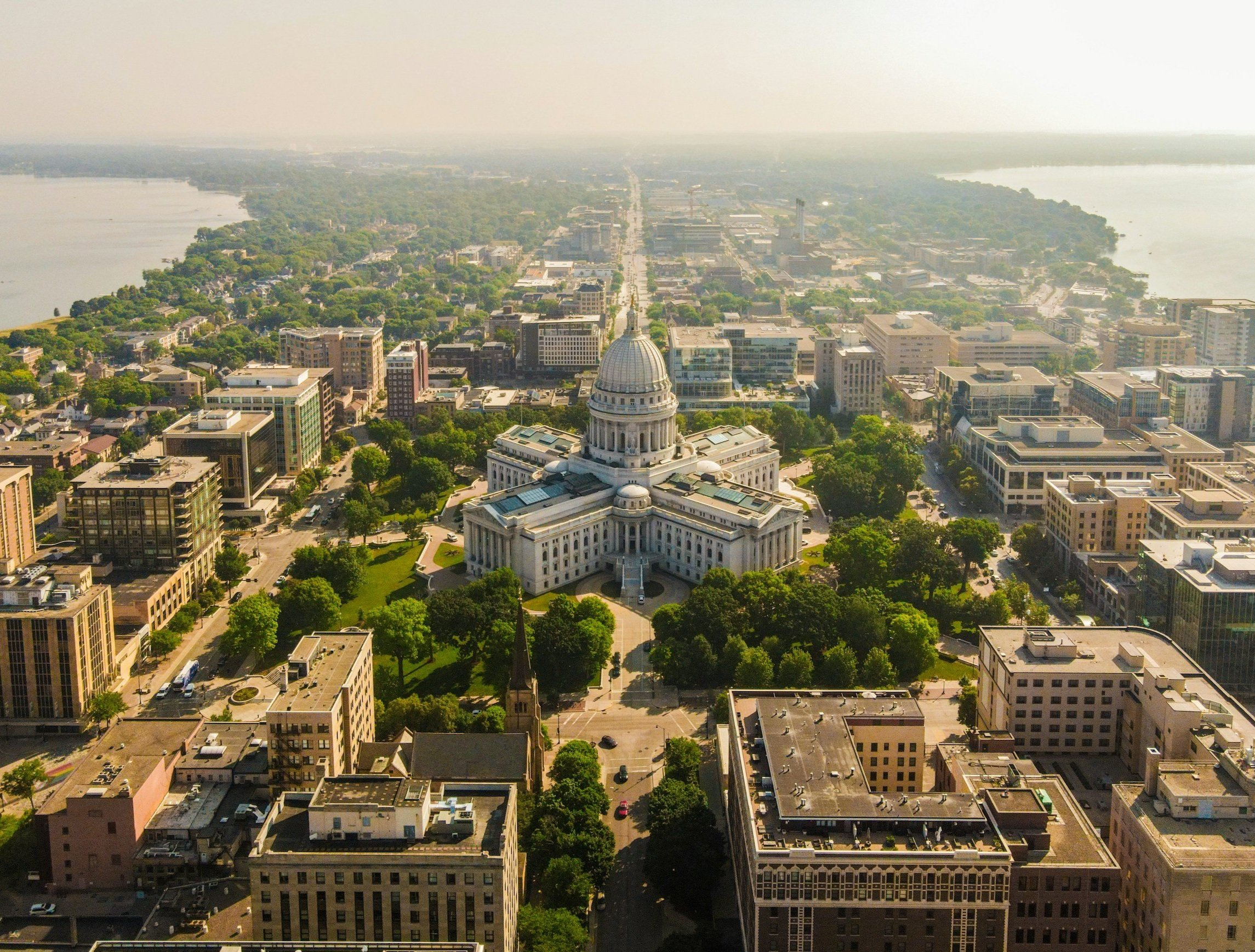
Raising Wages: Rewarding Work and strengthening local economies
Hard work should pay off. But too many Wisconsin families are doing everything right and still falling behind. We need an economy that rewards responsibility, not just speculation—and that strengthens small businesses and workers alike.
In the State Senate, I’ll work to:
Make sure anyone working full-time can afford to raise a family
Support job training and skilled trades that lead to real careers
Create tax incentives for local businesses that invest in their communities
Defend the right of workers and employers to negotiate fair, honest agreements
We don’t need handouts. We need a fair shot and a level playing field.
